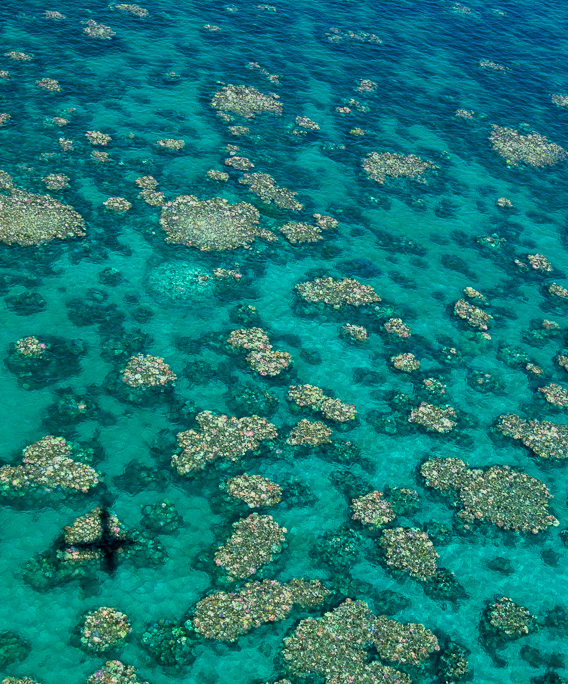Reef rights suggested
 Experts say coral reef destruction should be seen as a human rights issue.
Experts say coral reef destruction should be seen as a human rights issue.
A new study argues that a human rights-based approach could be key to coral reef conservation, potentially holding governments accountable for protecting vital marine ecosystems.
The study suggests this framework could also empower local and Indigenous communities to demand sustainable environmental solutions and climate justice.
Globally, approximately one billion people depend on healthy coral reefs for food, coastal protection, and income derived from tourism and other services.
The loss of these ecosystems, the study warns, would be catastrophic for human health and economic wellbeing.
Dr Emma Camp, the lead author, says coral reef preservation is now an urgent matter.
“The window of opportunity to conserve coral reefs is rapidly closing, and despite numerous protective measures, reefs continue to degrade worldwide,” she said.
Dr Camp noted that this year has seen the fourth global coral bleaching event, affecting more than half of the world's reefs.
She described the event as “an urgent reminder that the loss of coral ecosystems negatively impacts both humans and non-humans”.
Her new research links coral reef degradation to human rights, following the United Nations' 2022 affirmation of the right to a clean, healthy, and sustainable environment.
The study also draws attention to the broader threats to human rights posed by climate change, pollution, and biodiversity loss.
Co-author Professor Christian Voolstra, President of the International Coral Reef Society, referenced the latest report from the Intergovernmental Panel on Climate Change.
He stated that even with a 1.5°C rise in global temperatures, which may already be unavoidable, “the majority of warm-water coral-dominated systems will be quasi non-existent”.
“We need to think differently about reef conservation and how we fast-track protecting these critical ecosystems for current and future generations,” Dr Voolstra said.
Dr Genevieve Wilkinson, a co-author from UTS Law, a rights-based approach has the potential to drive both social and environmental conservation.
She argued that such an approach “embeds non-discrimination, empowerment, and participation” and enables vulnerable communities to seek justice beyond litigation.
“States must be accountable to obligations to protect human rights and find just solutions,” she said.
Wilkinson also pointed to a landmark case, Billy v Australia, where Torres Strait Islanders successfully argued that the Australian Government's failure to address climate change had violated their human rights.
The case specifically cited the damaging effects of coral bleaching on crayfish habitats, demonstrating the real-world implications of government inaction on climate change for coral-dependent communities.
The study highlights how addressing the so-called “triple planetary crisis” - climate change, biodiversity loss, and pollution - could be crucial for the future of human rights.
As the United Nations' High Commissioner for Human Rights noted, these are “the greatest future challenges facing human rights globally”.
Published in Global Change Biology, the study is the result of a cross-disciplinary collaboration involving experts from UTS, the University at Buffalo, the State University of New York, and the University of Konstanz.








 Print
Print